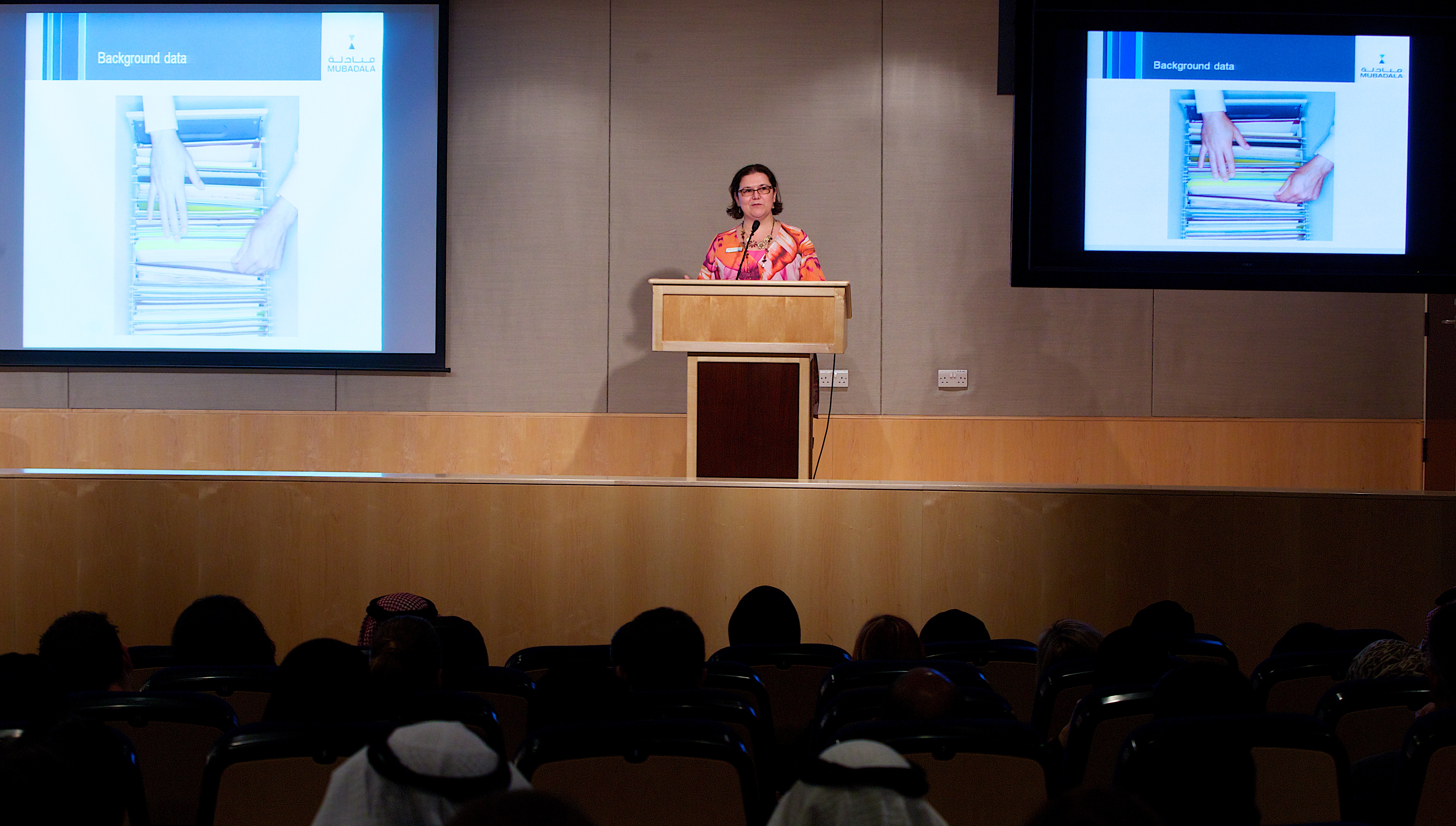Remember the big scare of the so-called “Y2K bug” ?
Back at the end of the Nineties, the world started to realise that a lot of computer programs had been written with dates expressed “55” or “87” instead of “1955” and “1987”. As year 2000 was approaching fast and therefore dates would become “00” ie a number less than the previous year at 99, there was real concern that the programs running electricity plants, the internet, the distribution of gas and water etc, all would fail and mankind would return, at least for a while, to pre-industrial ages. People started to pile up on emergency stock, food, water, electrogen groups, and taking survival courses.
“What does that have to do with Compensation & Benefits ?”, you say ?
Well, from the second half of 1998 to the end of 1999, all of a sudden, the salaries of IT engineers would could fix these programs went through the roof. Companies had been aware of the problem for a long time but a lot of them had procrastinated, and at once, everybody wanted these engineers and there were not enough of them to satisfy the demand for their skills and services. As a consequence, the balance of power shifted to them in the labour market, and they were able to command greatly increased salaries for the same job they were doing a few months before.
So how do you manage that situation as a Compensation manager ?
| Grade | Minimum of salary range | Midpoint of salary range | Maximum of salary range |
| Grade 8 | 16,000 | 18,000 | 20,000 |
| Grade 7 | 12,000 | 14,000 | 16,000 |
| Grade 6 | 10,000 | 11,000 | 12,000 |
The IT engineer in grade 6 who had a basic pay aligned with market at 11,000 is now worth 17,000, which corresponds to a salary of a grade 8, two grades above in the jobs hierarchy. Managers are desperate trying to get the engineers on board, but your internal policies prevent you from hiring above the maximum of the job salary range.
You basically have 2 solutions :
1 – Hire in the apparent grade of the job as driven by its current market value. You now have new IT engineers in grade 8, despite having a job that should be in grade 6 in terms of job evaluation – creating imbalance in your job families as the IT engineers can end up being in a higher grade than their managers. Your current IT engineers are in grade 6 and demanding to be promoted to the new grade, and there is a risk of grade inflation along all your IT jobs as managers also demand to be promoted so that they are above their employees in the hierarchy. You have spiralling costs in that whole job family, also considering that allowances and benefits are paid 2 grades too high.
Or, if you don’t grant the demands of the existing IT engineers and their managers, you will end up at best with them being highly disengaged core employees, or at worst you will loose them all and your critical systems update will fail and the company will not be able to function any longer.
2 – Alternatively, hire the IT engineers in grade 5 with a basic pay of 11,000 (core job value) + 6,000 as hot skills or market premium. Make this premium clearly temporary and subject to regular revision up or down based on market conditions in the contract of the engineers you hire. Extend the same premium, with the same conditions, to your in-house engineers. You have some cost increase, but it is under control as it is time-conditioned. And there is no job grading inflation in your organisation.
In the past, many organisations in the GCC have opted for the first solution. They hired employees in over-graded roles. This happened for example during the real estate boom in the UAE, where project managers, service delivery managers and other real estate and construction experts received packages that were made of allowances and benefits that were higher than the actual job responsibilities should have commanded as per a normal job evaluation exercise.
Then, when the global crisis hit the country, these people became too expensive and had to be made redundant. Maybe if they had been paid on a normal basic + hot skills premium, this drastic decision could have been spared, at least for a few of them.
Today, some organisations face a somewhat similar challenge when recruiting local Nationals. The Nationals demand and command higher salaries than their expatriate peers. In most private companies, the Nationals are not put in higher grades than the job requires, but their basic pay is significantly higher than that of their expat colleagues (as well as some of their allowances).
I would challenge companies to adopt the hot skills approach, pay a “normal” basic for Nationals and grant them a nationality premium.
Even if you can’t do that because of the potential impact on their pensions, you can definitely communicate that their basic is calculated based on 2 components. This will help educate them and set their expectations as to what their pay would be irrespective of their nationality, and that one day if market conditions change, this is what they would receive as a package.
What do you say ? Is this something that you could consider introducing for your organisation ? How do you think this would be received by the Nationals as well as by management ? Please share your thoughts in the comments section !
Related posts :
Emiratisation and Compensation & Benefits – part I
Emiratisation and Compensation & Benefits – part II




Speak Your Mind